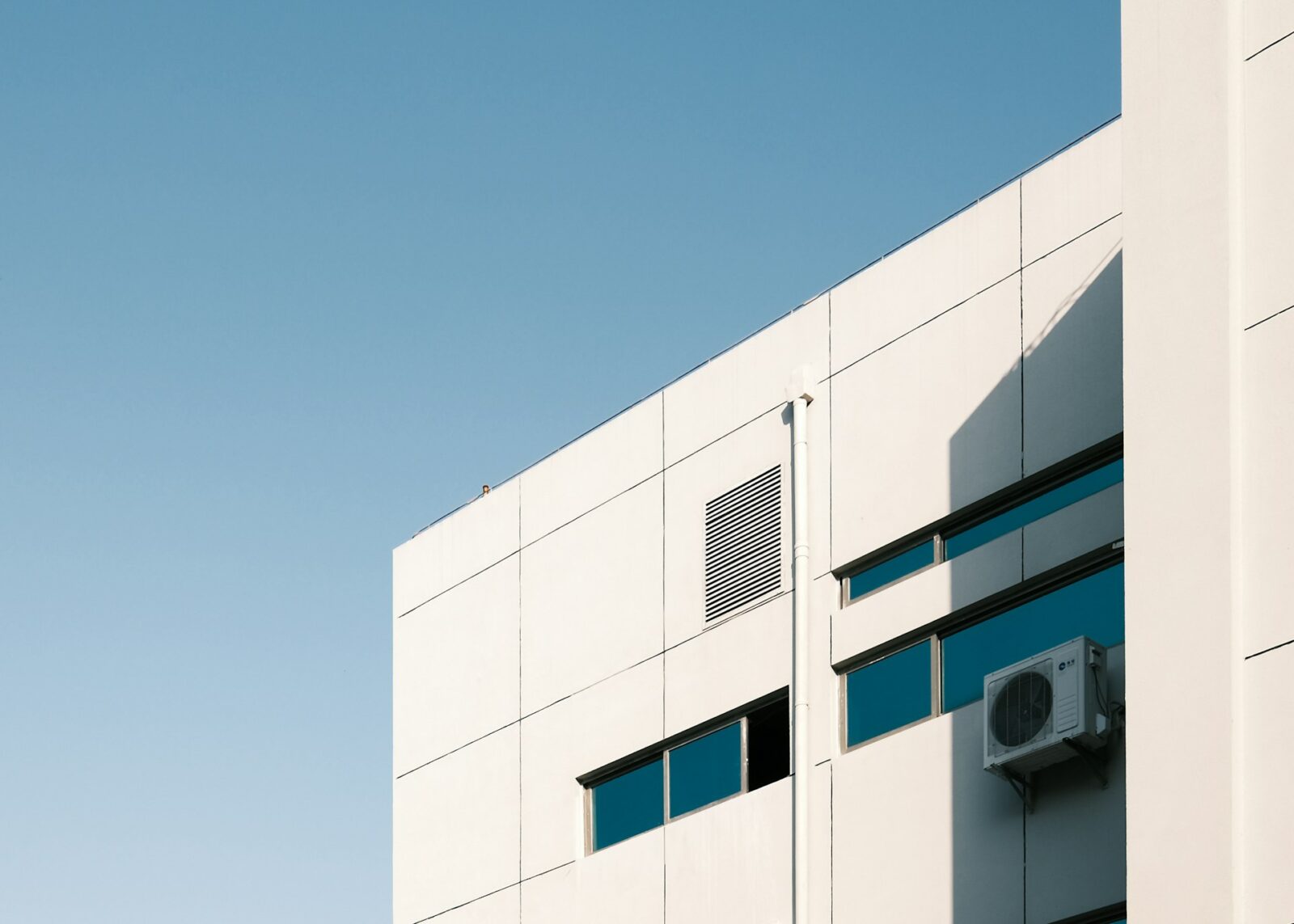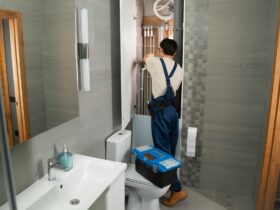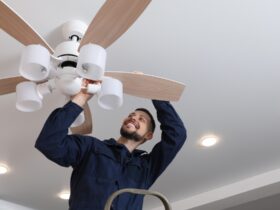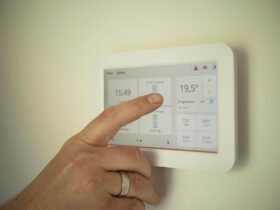When summer hits full swing, your air conditioner becomes a daily essential. But when it breaks down, you’re left sweating over more than just the temperature, the repair bill can be a serious burden. Many of the most expensive AC issues stem from simple maintenance tasks that were ignored for too long. The good news? With a bit of consistent attention, you can avoid major breakdowns and extend the life of your unit significantly.
Schedule Annual Professional Tune-Ups
Preventive maintenance is one of the smartest ways to save money on your HVAC system. Having a professional inspect your unit annually helps catch minor problems before they evolve into expensive repairs.
During a tune-up, technicians check refrigerant levels, inspect electrical components, calibrate the thermostat, and clean parts like condenser coils and blower fans. Whether it’s Monarch Heating & AC or another trusted HVAC specialist in your area, professional service ensures your system operates efficiently throughout the year. Regular tune-ups reduce the strain on your system and often help lower your energy bills by keeping everything running smoothly.
Replace Filters Frequently for Optimal Airflow
Dirty filters are a leading cause of air conditioner inefficiency and failure. When filters become clogged with dust, hair, and debris, airflow is restricted. This forces the unit to work harder, raising your energy consumption and increasing wear and tear on vital components.
Depending on usage, filters should be checked every month and replaced every one to three months. If you have pets, allergies, or live in a dusty area, more frequent changes may be necessary. A clean filter improves indoor air quality and reduces the risk of frozen coils, overheating, and motor stress, problems that can lead to steep repair bills.
Keep the Outdoor Unit Clear and Functional
Your outdoor condenser unit is often out of sight and out of mind, but it plays a critical role in your AC system. Leaves, twigs, dirt, and debris can accumulate around it, obstructing airflow and reducing cooling efficiency. An obstructed unit can overheat or sustain internal damage that’s costly to fix.
Clear at least two feet of space around the unit and avoid placing objects directly on or against it. Use a garden hose (on a gentle setting) to rinse off dirt from the fins, but be careful not to bend or damage them. Keep grass trimmed and ensure nearby shrubs don’t grow too close. A clean and unobstructed condenser helps your entire system operate more effectively.
Watch for Warning Signs Before Damage Worsens
Unusual sounds, inconsistent temperatures, or moisture around your system are early warnings that shouldn’t be ignored. Strange noises like grinding, buzzing, or clicking could indicate issues with the fan motor, capacitor, or electrical components. Musty odors may signal mold in the ducts or drainage problems.
Catching and resolving these signs early can prevent larger failures. A hissing noise might point to a refrigerant leak, which, if ignored, could destroy your compressor, a repair that often costs more than a new unit. Always act quickly when your system starts behaving out of the ordinary.
Clean the Condensate Drain Line
The condensate drain line removes excess moisture collected during the cooling process. If the line gets clogged with algae, mold, or debris, water can back up into the unit or even leak into your home. This can cause serious water damage, electrical failures, and mold issues inside the system.
To prevent this, flush the line with a simple solution of vinegar and water every few months. This keeps the pipe clean and prevents sludge buildup. Some newer AC systems come with sensors that detect when the line is blocked. Regardless of your setup, regular maintenance of the drain line ensures effective humidity control and protects your equipment.
Check and Seal Leaky Ducts
If your ducts are leaking, a large percentage of your cooled air could be escaping before it ever reaches your living space. According to the U.S. Department of Energy, as much as 30% of conditioned air can be lost through gaps and poorly connected ducts. This inefficiency forces your system to work harder and longer, accelerating wear and increasing utility bills.
Inspect accessible ductwork in attics, basements, and crawlspaces for signs of loose connections, holes, or tears. If you notice visible damage or feel cool air leaking from joints, consider sealing them with mastic sealant or metal-backed tape. For more serious issues, hire a technician to test and seal the entire system properly. Sealed ducts improve comfort and significantly reduce the strain on your AC.
Keeping your air conditioning system in peak condition doesn’t require advanced skills, just consistency and awareness. By staying on top of filter changes, clearing outdoor units, monitoring performance, and scheduling professional checkups, you’ll reduce the risk of breakdowns and maximize energy efficiency. These straightforward habits can protect your home comfort system and your wallet from unexpected and unnecessary repair bills.







Leave a Reply